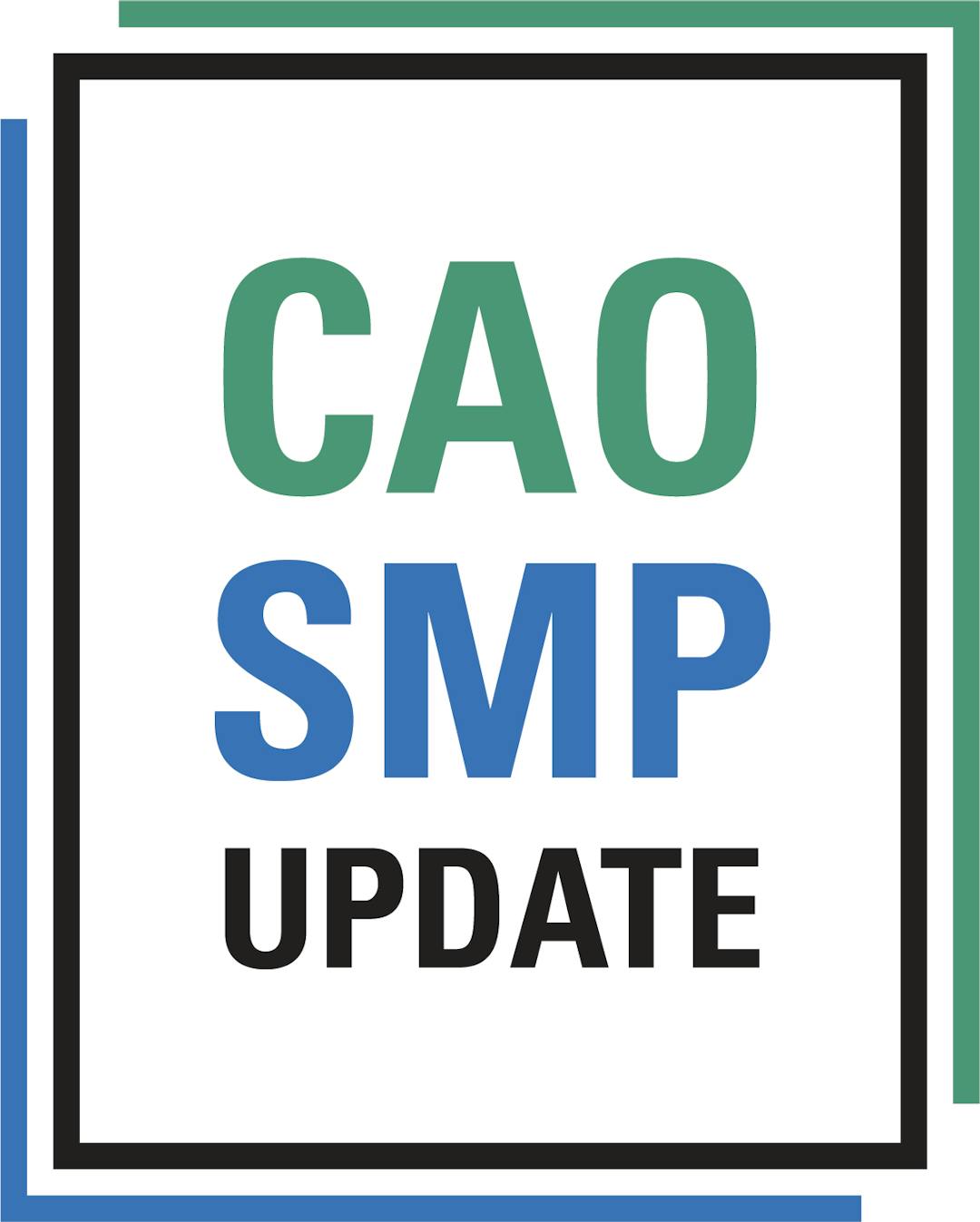Critical Areas Ordinance and Shoreline Master Program Update
Share Critical Areas Ordinance and Shoreline Master Program Update on Facebook
Share Critical Areas Ordinance and Shoreline Master Program Update on Twitter
Share Critical Areas Ordinance and Shoreline Master Program Update on Linkedin
Email Critical Areas Ordinance and Shoreline Master Program Update link

In 2018-2019, the City of Mercer Island will be updating its Critical Areas code and Shoreline Master Program. The Critical Areas code is the portion of the City's code that sets standards and requirements for areas like wetlands, landslide hazard areas, watercourses. The Shoreline Master Program contains regulations pertaining to parts of Mercer Island within 200 feet of Lake Washington.


Staff are in complete agreement about the importance of public involvement. Efforts to solicit public comment were a priority from the beginning of this project and were an integral part of the project scope. We sought to prompt public comment through the following channels:
• Aug. 15, 2018: MI Weekly article announcing launch of Let's Talk website
• Aug. 2018: CAO-SMP specific Let's Talk page launched; content added continuously since then including project description, FAQ, explainer video, document library, project timeline, space to comment/ask questions
• Nov. 14, 2018: Article in MI Weekly (linked on City's Facebook page)
• Nov. 30, 2018: Facebook post dedicated to CAO-SMP, links to Let's Talk + explainer video
• Jan. 25, 2019: Notice of Public Hearing issued for SMP
• Jan. 31, 2019: Notice of Public Hearing issued for CAO
• Feb 20, 2019: Article in MI Weekly (linked on City's Facebook page)
• Feb. 22, 2019: Press release sent to MI Reporter, who ran an article in the next edition
Staff eagerly invite ideas for ways to better publicize code updates such as these, that are effective and an efficient use of city budget resources.
Whenever there are no comments on a far reaching issue like a rewrite of the CAO I get concerned. I know Evan Maxim has expressed surprise at the lack of citizen involvement, and I think that is because the practical effects from the CAO rewrite have not been presented well to the citizens. Instead they are provided a dense draft code with a lot of science in it. Plus many of the other comp. plan amendments are so unpopular they have shadowed the CAO rewrite.
For example, in the past limiting dock width has been a huge issue for residents. This issue in the CAO rewrite should be better publicized. Buffers and slide prevention on steep slopes are huge citizen concerns, but unfortunately the DSG and PC have been more interesting in making sure these undeveloped steep slope lots are developed rather than hillside stability. Vegetation requirements for littoral lands has also been a sensitive subject in the past.
The city and DSG have to do a much better job at letting the citizens know what these new regulations MEAN. For some of us it is comforting knowing the Dept. of Ecology is overseeing the DSG and PC in the rewrite, but sometimes the DOE can go too far. During the rewrite of the residential code charts comparing the current code with the new code were used to highlight the changes, and I think that should be done for the CAO rewrite at least for the more sensitive issues.
The last thing the city or council want is for these issues to become hot topics when the CAO reaches the council. That has been a real problem in the past because the DSG is not doing a very good job at publicizing the many changes to the code that are going on now, and so they become apparent to the citizens when these issues reach the council, and the council gets blindsided.
Public notice and participation, if it is honest, is about finding out what a majority of citizens want at the PC level. That is all land use is. Politics, and what a majority of citizens want, not the applicants or special interests or specific PC members. Way too many land use decisions are reaching the council with very little citizen involvement below because the proposals have not been well or honestly publicized, and then the council gets stuck dealing with the citizen anger when they do find out that the land use decision screws them at the council level.
That just isn't fair to the council, or helpful in building council credibility with the citizens for things like M&O levies. The number two citizen concern in the 2018 survey was a lack of transparency in permitting (number one was a lack of development regulation).
The DSG/CPD needs to publicize what the new CAO provisions will mean in practical terms, and spend less time telling applicants and property owners to file and vest their applications now before the nine-year-overdue new CAO kicks in.